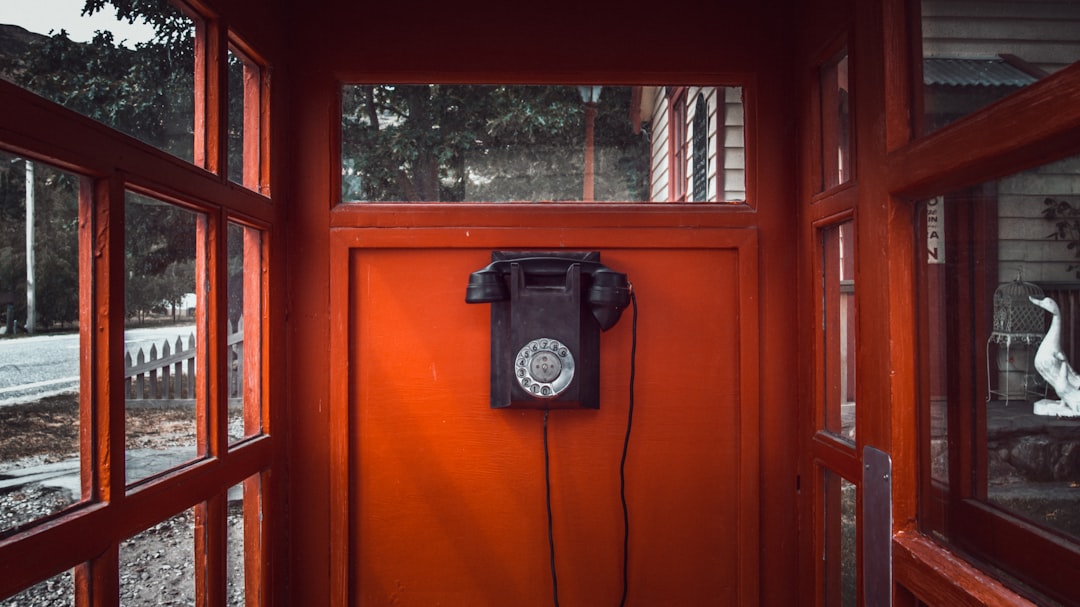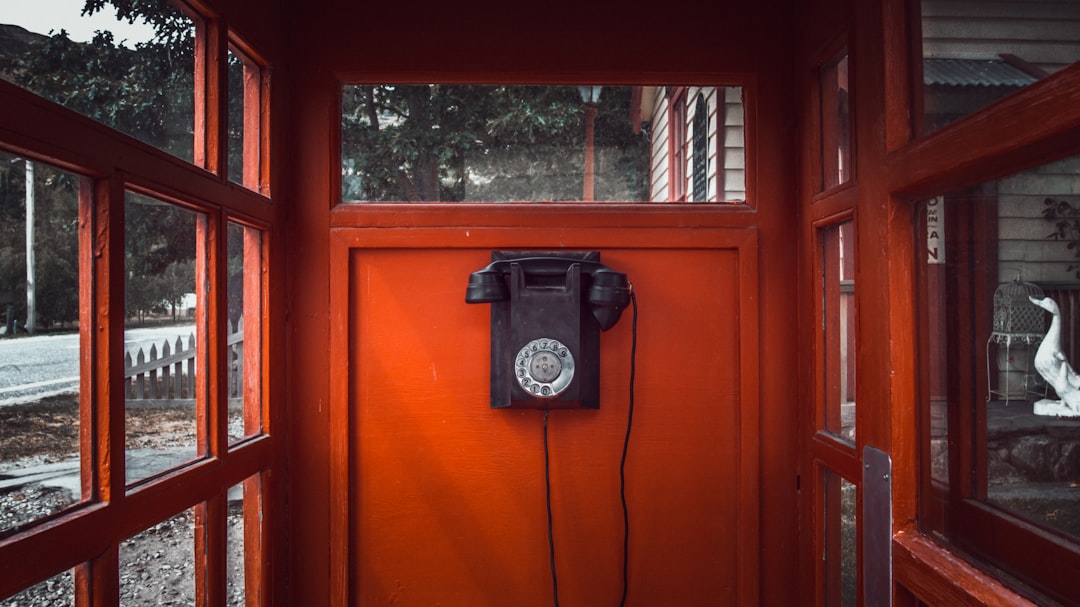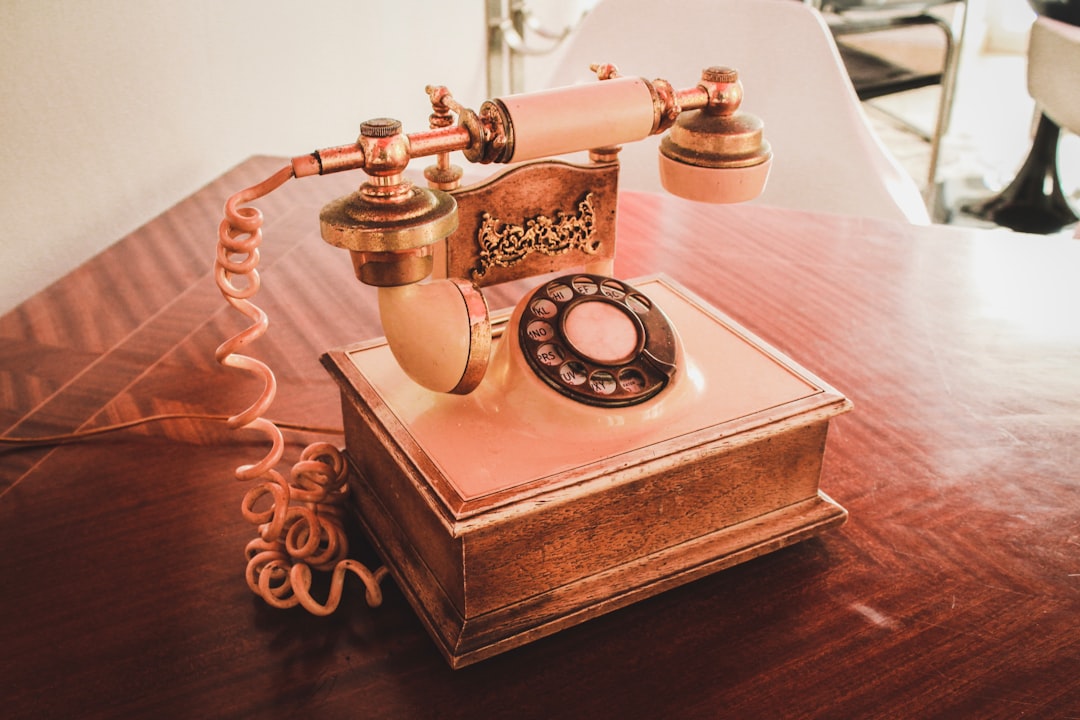In Washington D.C., residents are protected from automated spam calls by federal and local laws, including the TCPA. To stop unwanted callers, connect with a specialized How To Stop Spam Calls Lawyer DC who can guide through legal options, ensure compliance, and represent against perpetrators. DIY methods like blocking numbers offer basic protection but may not deter sophisticated spammers; professional assistance is recommended for stronger advocacy. Following registered strategies—including blocking, the National Do Not Call Registry, and legal action—helps reclaim privacy from unsolicited phone marketing.
- Understanding Spam Calls and Their Legal Framework in DC
- Identifying and Documenting Unwanted Phone Calls
- Options for Consumers: DIY Solutions vs. Professional Help
- The Role of the Federal Communications Commission (FCC)
- Choosing the Right Legal Representative for Spam Call Cases
- Effective Strategies to Stop and Deter Spam Calls
Understanding Spam Calls and Their Legal Framework in DC
In the District of Columbia, automated calls to cell phones, commonly known as spam calls, are regulated by federal and local laws aimed at protecting consumers from unwanted and deceptive communication. These regulations provide a legal framework for residents to take action against persistent spam call receivers. The Telephone Consumer Protection Act (TCPA) is a key federal legislation that restricts the practices of automated or prerecorded phone call makers. It requires prior express consent before placing such calls, giving individuals the power to stop unwanted calls.
DC further complements these federal protections with its own consumer protection laws, ensuring residents have additional safeguards against spam calls. If you’re tired of receiving unsolicited calls on your cell phone and are seeking legal recourse, connecting with a lawyer specializing in spam call cases in DC is essential. A qualified attorney from a reputable law firm can guide you through the process, help you understand your rights, and provide effective strategies to stop these nuisance calls. They can represent you in negotiations or legal actions against the perpetrators, ensuring compliance with the region’s anti-spam call regulations.
Identifying and Documenting Unwanted Phone Calls
Recognizing and recording unwanted phone calls is the first step in combating spam calls. Many people receive automated or prerecorded messages from telemarketers, scam artists, or debt collectors, often posing as legitimate businesses. These calls can be frustrating and intrusive, prompting many to seek solutions to stop them. The District of Columbia, like other areas across the country, has specific laws and regulations in place to protect consumers from excessive or deceptive phone marketing practices.
If you’re facing a surge of unwanted calls, start by documenting the details. Note down the caller’s ID, the date and time of each call, and any information provided during the interaction. This evidence can be invaluable if you decide to take legal action against the spammer. You can then reach out to a lawyer specializing in consumer protection or telecommunications law in DC, who can guide you on how to stop these calls and potentially hold the spammers accountable.
Options for Consumers: DIY Solutions vs. Professional Help
Many consumers in the District of Columbia face a persistent problem with automated spam calls to their cell phones. While there are numerous DIY solutions available, such as blocking numbers through device settings or using apps that filter out unwanted calls, these methods may not always be effective against sophisticated spammers.
For more robust protection and tailored legal advice, seeking help from a professional attorney specializing in telecommunications law is advisable. A lawyer for How To Stop Spam Calls DC can guide you through various legal options, such as registering your number on the National Do Not Call Registry or pursuing legal action against call centers violating privacy laws. They can offer comprehensive solutions, including negotiating with call centers to stop the calls and seeking damages if necessary. Choosing between DIY solutions and professional help depends on the severity of the issue and the level of protection sought by the consumer.
The Role of the Federal Communications Commission (FCC)
Choosing the Right Legal Representative for Spam Call Cases
When dealing with relentless automated calls to your cell phone in the District of Columbia, finding the right legal representation is a crucial step in putting an end to this nuisance. It’s essential to choose a lawyer or law firm that specializes in telecom and consumer protection laws, as well as having experience handling spam call cases specifically. Look for attorneys who are knowledgeable about the Telephone Consumer Protection Act (TCPA) and have a proven track record of successfully representing clients in similar situations.
Engaging a law firm with expertise in this area offers several advantages. They can guide you through the legal process, help determine if your case qualifies for action under the TCPA, and represent you in negotiations or even litigation to stop the calls. With their assistance, you can not only reclaim your privacy but also hold perpetrators accountable for violating consumer rights. Remember, a competent lawyer will ensure that your rights are protected and that you receive fair compensation if applicable.






